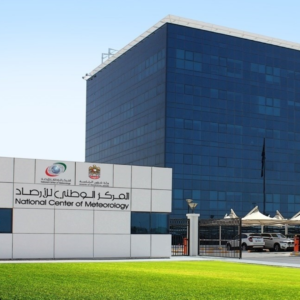The tipping culture in the United Arab Emirates (UAE) has evolved into a significant financial support system for workers, often serving as a second salary with tips reaching up to Dh1,000. This cultural phenomenon reflects the generosity of residents and the integral role of gratuities in supplementing the income of service industry workers.
In the UAE, tipping is deeply ingrained in the social fabric, and it is customary to express appreciation for services received through monetary gestures. While tipping is voluntary, it has become a widespread practice across various sectors, including hospitality, food and beverage, transportation, and more.
Service workers, such as waitstaff, hotel employees, and taxi drivers, often depend on tips as a substantial part of their income. The additional funds garnered through tips contribute significantly to improving their overall financial well-being, making it a crucial element of their compensation.
The extent of tipping varies, with some patrons expressing their gratitude through small gestures, while others go above and beyond, leaving substantial tips that can reach up to Dh1,000. The generosity exhibited by residents underscores a cultural appreciation for the hard work and dedication of service industry professionals.
For many workers, tips serve as a reliable supplement to their base salaries, providing financial relief and sometimes even exceeding their monthly earnings. This practice has become particularly noteworthy as workers navigate the economic landscape, with tips often helping them meet various financial obligations and improve their quality of life.
The tipping culture in the UAE is also a reflection of the country’s commitment to hospitality and customer service excellence. The act of tipping is not just a financial transaction but a way for patrons to acknowledge and reward exceptional service, fostering a positive and respectful interaction between service providers and customers.
While the voluntary nature of tipping allows patrons to express their appreciation freely, it also highlights the significance of service industry workers and the integral role they play in the overall customer experience. The UAE’s tipping culture, characterized by its generosity and cultural significance, continues to shape the dynamics of the service industry and contributes to the well-being of workers who often rely on these gratuities as a crucial aspect of their income.









